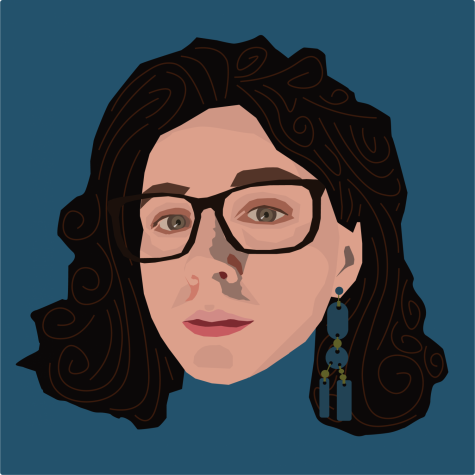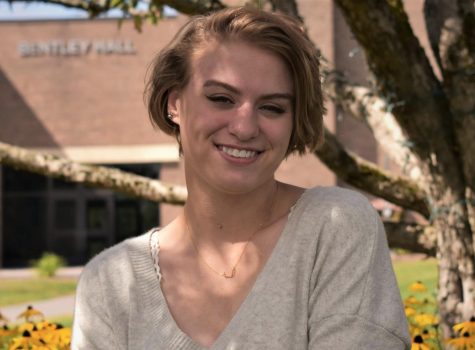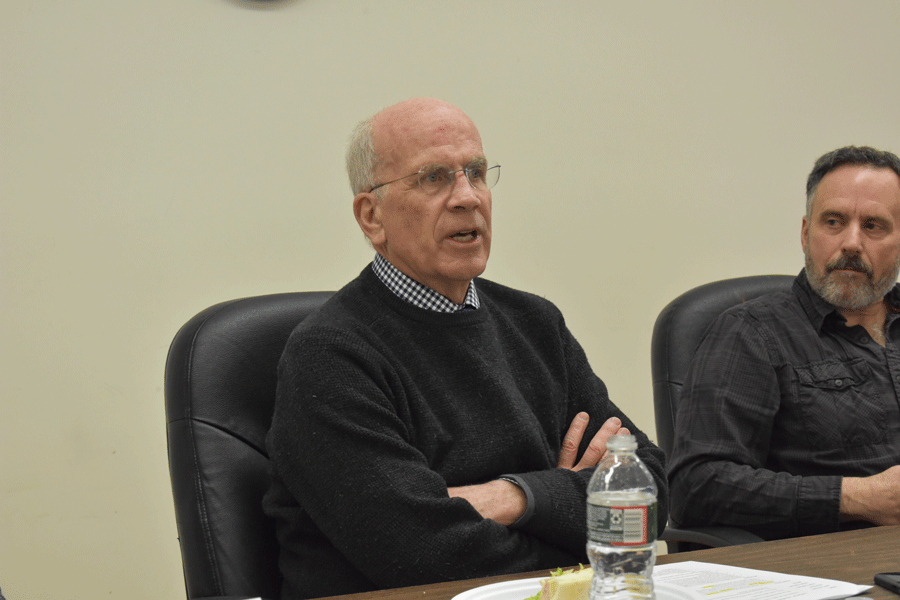Community roundtable discusses rural broadband initiatives
Congressman Peter Welch contributes to the discussion.
Congressman Peter Welch joined a roundtable on rural broadband hosted in Johnson, where local leaders from Johnson, Belvidere, Wolcott, Hyde Park and Cambridge came together to discuss rural broadband. Also, in attendance were representatives from several cable providers, among them Mansfield Community Fiber, Consolidated Communications, Stowe Fiber and Vermont Electric Co-Op. Dan Noyes, representative for Lamoille-2, was also at the event.
Congressman Welch acknowledged the struggles that rural communities face. “We want to focus on revitalizing rural America,” he said. “That doesn’t happen without broadband.”
On Feb 27, citizens will reconvene for a meeting to discuss forming a Communication Union District (CUD,) a kind of bargaining unit for a group of small towns. “It’s a matter of working together,” said Rick Rothammer, of Stowe Cable. A CUD may make broadband rollout smoother and more affordable.
Several attendees including Welch likened the concept of universal broadband to the 30s, when the decision was made to electrify the whole country, including the rural areas.
“We need to be future-proof,” he said. “How can we think about 5-G when some of Vermont has no G?”
According to a 2018 map prepared by the Vermont Department of Public Service, the towns of Johnson, Hyde Park, Cambridge, Morrisville, Stowe and Underhill were partially covered by cable, but not every citizen has access. In Fletcher, Waterville, Belvidere, Eden and Elmore, there was neither cable nor fiber coverage at all.
Doug Molde, a select board member from Johnson, said, “Our broadband committee did a survey; there is no question about need [for broadband.] It’s how to get there.”
Each town had its own concerns. Due to Belvidere’s extremely small size, representatives felt it would make more sense to itemize options for clarity. “That way,” said resident Carol Caldwell Edmonds, “I could say, ‘this one costs this much,’ and ‘this one costs this much.’”
George Putnam, from Cambridge, emphasized that Fletcher and Underhill both “had service,” and that parts of Cambridge were covered by the same cable from MC Fiber. Rollout to the town would require moving utilities on the poles to fit the new cables.
44 towns will vote on joining CUDs on town meeting day, based on a model by EC Fiber. Hyde Park will not vote, saying they require more info.
“We’re in a unique spot,” said resident Carol Fano. “We have 3000 people, and five power companies.”
While each town’s intricacies were laid out by individual citizens, it was clear that there was one undercurrent to the whole conversation: affordability.
While joining or forming a CUD would help bring initial costs down, it may pose barriers for lower-income households who cannot afford the projected $80 a month for high quality broadband.
Representative Noyes added that with a growing population in Lamoille county, broadband rollout could also affect local hospital’s ability to offer telemedicine and telecare to Vermont’s aging population.
Welch added, “To revitalize Vermont, you gotta start in Vermont.”

Senior, Journalism & Creative Writing
Grew up in Atkinson, NH
Fall 2018
Along with traditional journalism, I enjoy writing satire and fun feature...

Senior, Journalism & Studio Art
Grew up in Craftsbury, VT
Spring 2018 - Present
I got a black eye and mild concussion in Las Vegas during a rugby...



